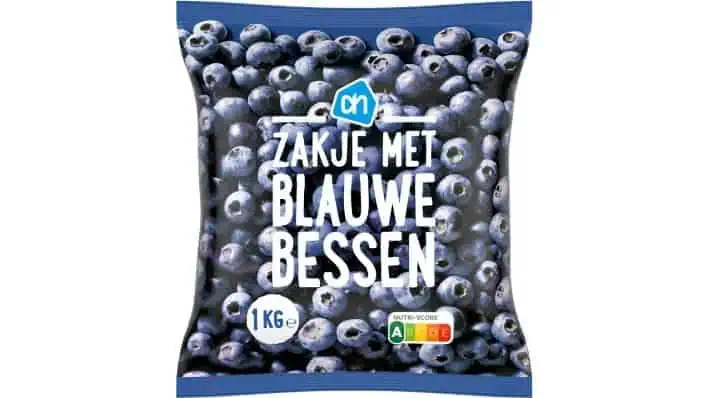Following Albert Heijn’s recall of Hepatitis A-infected blueberries, 31 people have already filed reports to their customer service department — including one claim for damages.
Although the number of reported infections from the contaminated blueberries now sits at 12, RIVM (Dutch Ministry of Health) specialists warn RTL Nieuws that the actual number might be in the hundreds.
Most symptoms tend to be mild
“The majority of people do not become seriously ill,” the RIVM’s principal investigator of infectious diseases, Eelco Franz, tells RTL Nieuws. “Some will even carry the virus without noticing it.”
What is Hepatitis A?
According to the WHO, Hepatitis A is an inflammation of the liver caused by the Hepatitis virus (HAV).
Unlike Hepatitis variants B and C, however, it is a less severe form of the virus and generally does not require hospitalisation.
Symptoms of the virus include fatigue, jaundice, and a low-grade fever and can also be accompanied by nausea and pain in the upper abdomen.
Whilst most infections tend to be mild, people with low immunity may be at significant risk from the virus, reports the NOS.
The RIVM urges anyone showing symptoms of Hepatitis A to contact their GP.
Which blueberries do I avoid?
The warning only applies to 1kg bags of frozen blueberries, with an expiration date of 14-4-2026. 👇
Albert Heijn notes that the cardboard boxes of frozen blueberries and bags of mixed fruit are infection-free, as they come from another supplier.
Customers with questions can read through the FAQ page set up for the blueberry crisis or fill out a customer service form.
Showing symptoms of the virus? There’s an email address set up to deal with serious reports and claims for damages (te************@**.nl).
Dig what you’re reading? Get more of it! Join our WhatsApp channel or Instagram broadcast to get the latest news straight to your pocket. ⚡️




